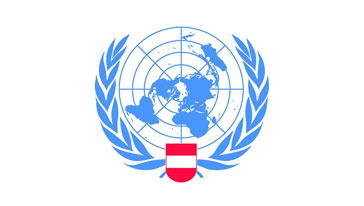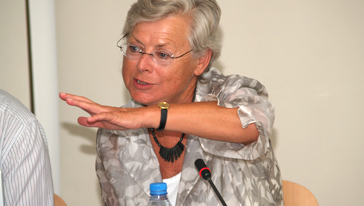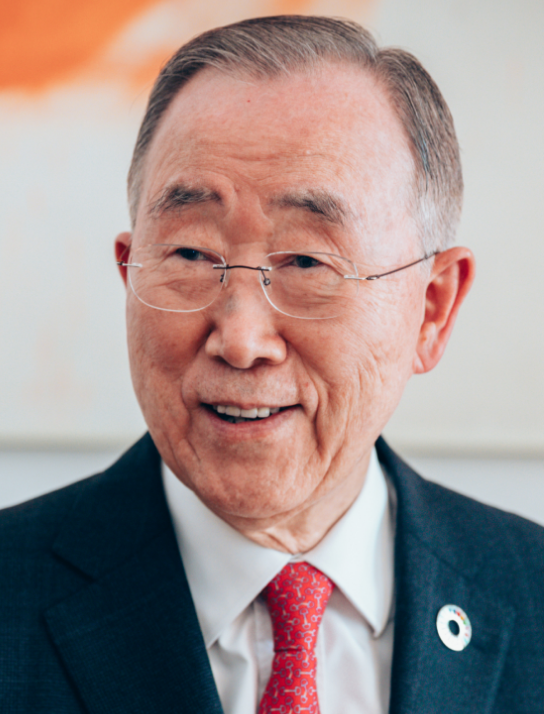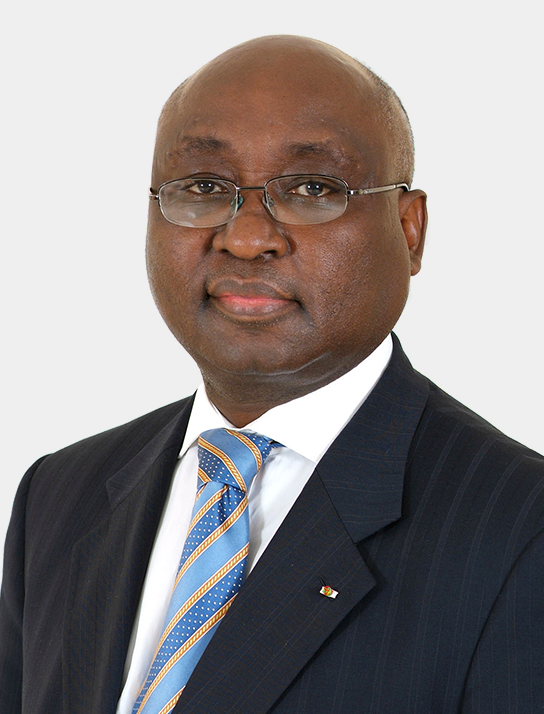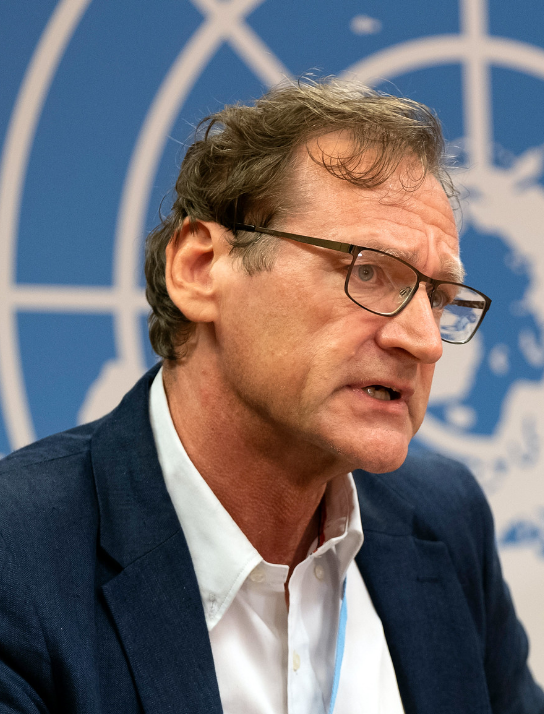Over the last decade, the Millennium Goals have spurred action across the globe. Many developing countries’ governments have improved their policies and governance; and developed countries have taken some – not enough – steps to increase the level and effectiveness of their aid. Progress across a large number of countries and indicators has been the result. The key achievement of the MDGs is the extent to which they have mobilized public and political support for development. Any post-2015 agreement needs to maintain popular momentum. And, as the goals’ objectives were limited to reducing “by half” or “two thirds”: even if achieved, there is a large unfinished post-2015 agenda. But in the run-up to 2015 we should evaluate how to improve the instruments to achieve the Goals.
Three issues deserve attention:
- The most important shortcoming of the MDG framework is that it ignores inequality issues, as progress is measured in global and national averages
- A clearer poverty focus should be built into the design
- A way to achieve this is to expand social protection, focused on the poorest and most
The Millennium Goals were a great start amongst others to take action against poverty. The turn was on developing countries, they had to do the greatest efforts, but those countries could not face the achievement of MDGs alone by themselves. Many developing countries needed and still need help to implement the goals. Although many steps were already taken, the goals need further action. Many of the goals were achieved by this time, but if we take a look at those which were not reached by now, there is still a significant work to do.
One of the problems is that states are not aware of shifting over all efforts for the implementation of the goals to developing countries. The aim of MDGs is not described as solo transformation of the ideas in every single country, but to implement the goals within a community. This movement within a global community can be seen in the mobilization of people. It is on the citizens to hold their governments responsible for keeping their promises under the mandates. Citizens are empowered to ask their governments for the practical translation of the Millennium Goals and force them to start acting. So it is also a matter of political will to achieve the goals and 2015 is coming really close now. The question is what will happen afterwards and what will happen with the great public support the MDGs enjoy currently. The movement of citizens should not be thrown away. It was the public support which e.g. helped to collect proper data, where there was none before, and which promoted efforts for further research. An important factor for this development of people is the access to social services.
Another aspect in reaching the MDGs is the incorporation of sustainable development until 2015. Although the currently ongoing Rio+20 conference will not save the earth, it will show the gap between north and south, because when Europeans speak about sustainable development the developing countries are left out of this mind cluster. These developing states are too suspicious towards the north and the north is not taking further actions towards sustainable development, which can be seen in the current European food prices. So how should the north and the south reach consensus or even be confident in e.g. greening economies? In these situations there is a need for actions by ourselves. One suggestion would be to open markets for agricultural products, and support the change in international trade rules. For example Austria could support more local corporations on trade matters.
The number one issue is here for donors, namely the rich countries, to accept that developing countries develop themselves, because the small uncoordinated projects, organized by northern countries collapse when the donors left the developing countries. Then problems occur, for instance who is paying the teachers in the newly built schools.
Here it is again on the governments to transform the Millennium Goals while keeping their promises of financial support to developing countries. Again for reaching the MDGs it is an important contribution that the citizens hold their governments accountable for further implementation of the goals. The issue here is about raising voices.
